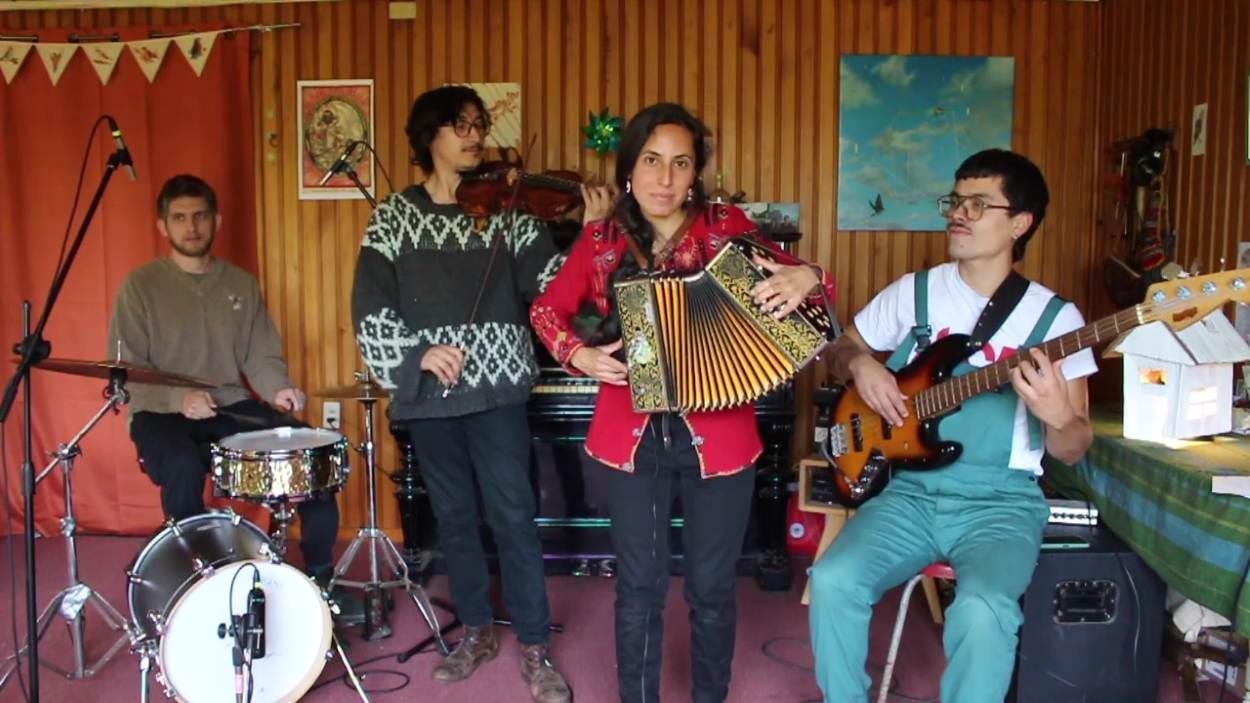Blocked Bridges between Neighbors
Blocked Bridges between Neighbors
An Uruguayan decision in recent days to close bridges to Argentina proved a long-running paper mill dispute continues to bedevil relations between the neighboring countries. For more than two years, Argentine demonstrators have protested construction of two paper mills along the border river, blocking traffic on bridges linking the countries and arguing that the mills will cause pollution. Uruguay and investing companies counter that advanced technologies will be used to ensure high environmental standards, but the issue triggered an Argentine court case against Uruguay in the International Court of Justice last year.
November’s Ibero-American summit in Santiago offered Argentine and Uruguayan heads of state the chance to put the issue to rest through an agreement mediated by Spanish King Juan Carlos. However, even as President Nestor Kirchner of Argentina and his Uruguayan counterpart Tabaré Vasquez met in Chile, a surprise announcement was made that Finnish consortium Botnia had begun November 8 operation of its pulp mill on the Uruguay River (map).
Kirchner reacted by accusing his Uruguayan counterpart of backstabbing. Vazquez in turn blamed Kirchner for the impasse in resolving the dispute by saying the Argentine leader had failed to stop protesters’ blockades. Fast forward three weeks, and the impasse was cemented: With Argentine protesters threatening large-scale blockades Uruguay closed three bridges. Uruguay will reopen two crossings, but the bridge leading to Fray Bentos—a focal point of protests near the Botnia mill—will stay closed.
It remains to be seen whether the dispute will be resolved when Cristina Kirchner takes the reins in Buenos Aires next month. Relations got off to a good start between the president-elect and Vasquez prior to the mill’s opening, as a recent AS/COA hemispheric update notes, Kirchner will attend a December Mercosur summit in Montevideo, which could open the door to negotiations.
However, she has also said she will continue to pursue the ICJ court case, which accuses Uruguay of violating a bilateral agreement on the joint administration of the river. (To date, the court has rejected Argentina’s request for Uruguay to stop the mills’ construction and also denied Uruguay’s bid to force Argentina to end the blockades. ) An analysis in Latin Business Chronicle predicts little change in Buenos Aires’ approach to the dispute under the new president.








